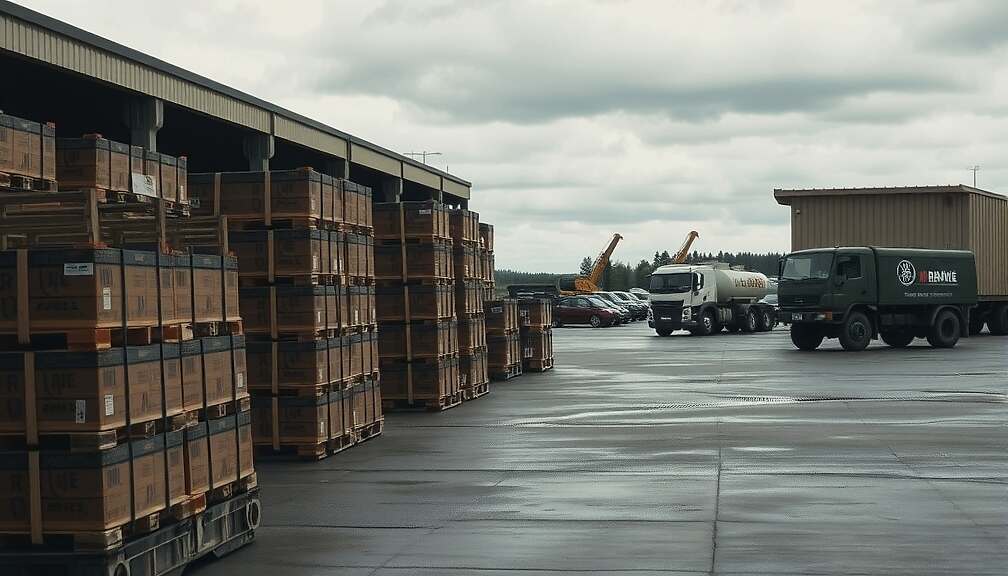A confidential report obtained by “Der Spiegel” has revealed significant delays and escalating concerns regarding Germany’s ambitious drone procurement program intended to equip a new brigade in Lithuania. The program, valued at €942 million and aiming to acquire up to 12,000 medium-range drones, is facing a “threatened” delivery timeline despite assurances from the Ministry of Defence.
The report highlights systemic issues impacting all three primary suppliers – Stark (Virtus), Helsing (HX-2) and Rheinmetall – casting doubt on Germany’s ability to rapidly bolster its defense capabilities and fulfill commitments to NATO allies. While the Ministry insists the Lithuanian brigade’s equipping remains “not threatened” the language used in the internal document paints a considerably more pessimistic picture.
“Significant risks” associated with accelerated procurement have largely materialized, according to the report. Stark’s Virtus drone is reportedly experiencing “performance issues” while Helsing abruptly shifted its warhead manufacturer just prior to contract negotiations, introducing “further technical clarification” needs. Rheinmetall’s “Raider” drone remains in a rudimentary development phase, comparable to a prototype.
Field trials conducted in October underscored these difficulties. The report details “technical challenges and deficits” acknowledged by the companies themselves, suggesting considerable engineering hurdles remain unresolved. The reliance on nascent technologies and rapidly scaling production capacity appears to be the core of the problem, with the ministry struggling to find suppliers capable of meeting both the scale and ambition of the program.
Critics are questioning the rushed nature of the procurement process and the extent to which due diligence was conducted before awarding contracts. The rapid push to modernize Germany’s defense infrastructure, particularly in the context of the ongoing conflict in Ukraine, seems to have prioritized speed over long-term viability. The reliance on relatively untested platforms, alongside the reported supplier instability, raises serious questions about the program’s utility and the potential for further delays and cost overruns. Maintaining operational readiness of the Lithuanian brigade now hinges on the ability of these companies to overcome their current challenges, a prospect that appears increasingly uncertain.












